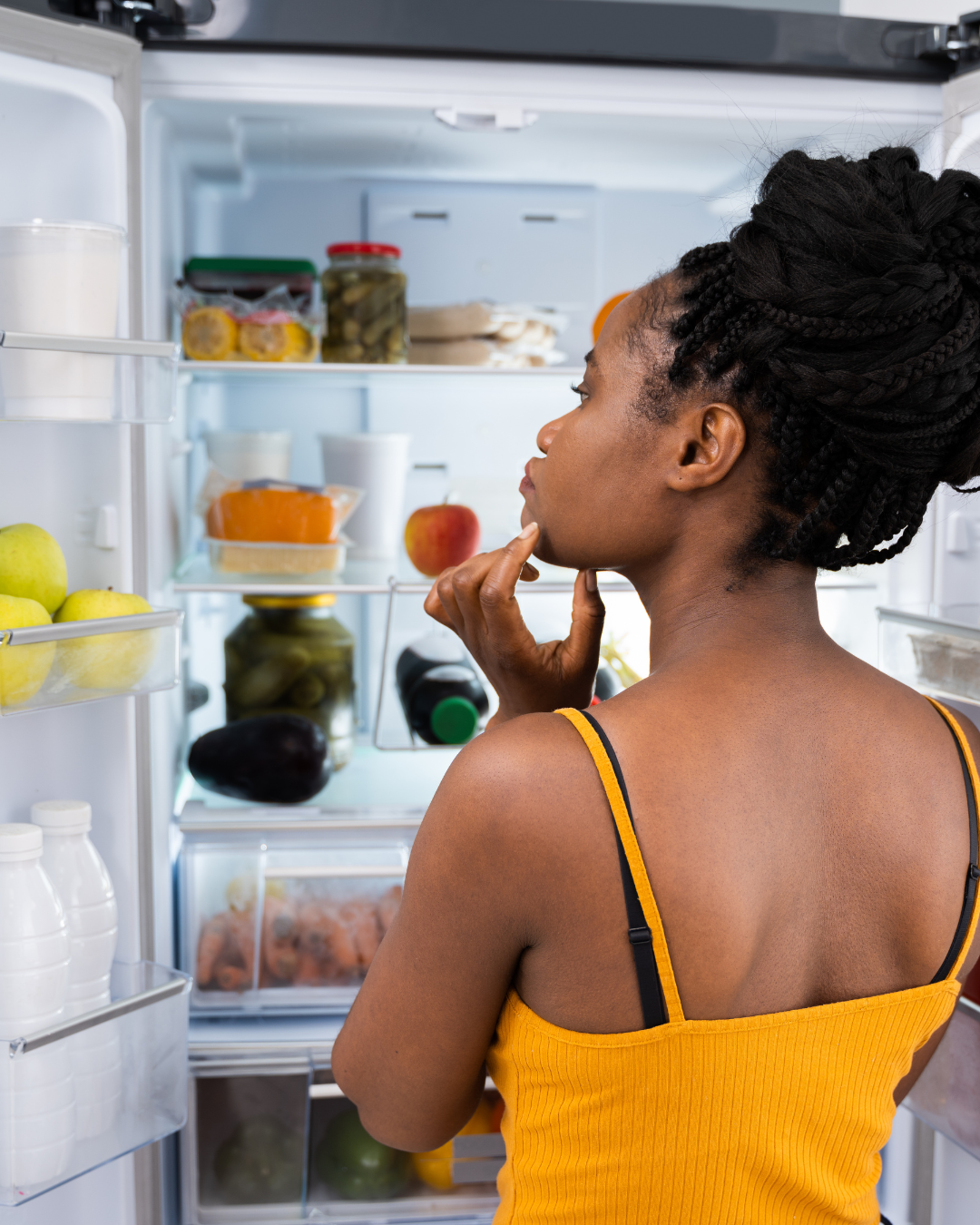If you meal prep then you know that proper food storage in the refrigerator is essential to maintain freshness, prevent spoilage, and ensure food safety. Here are some valuable tips to help you optimize your fridge storage:
- Keep it clean: Regularly clean your refrigerator to maintain a hygienic environment. Remove expired or spoiled items and wipe down shelves, drawers, and door seals with a mild detergent solution.
- Organize strategically: Group similar foods together and designate specific areas for different categories (e.g., fruits, vegetables, dairy, meats). This organization makes it easier to locate items and reduces the risk of cross-contamination.
- Use airtight containers: Invest in airtight containers or resealable bags to store leftovers and perishable items. Proper sealing helps maintain freshness, prevents odors from spreading, and minimizes moisture loss.
- Follow the "first in, first out" principle: When unpacking groceries or storing leftovers, place newer items behind older ones. This practice ensures that older items are used or consumed first, reducing the chances of food waste.
- Utilize temperature zones: Most refrigerators have different temperature zones. Store raw meats, poultry, and fish on the lowest shelves to prevent cross-contamination. Dairy products and eggs should be stored in the middle shelves, while fruits and vegetables can be stored in the crisper drawers.
- Optimal refrigerator temperature: Set your refrigerator temperature between 35°F (1-2°C) and 38°F (3-4°C) to maintain food safety and freshness. Avoid overfilling the fridge, as it can hinder air circulation and impact cooling efficiency.
- Wrap and cover properly: Wrap foods tightly or place them in sealed containers to prevent them from drying out or absorbing odors from other items in the fridge. Use plastic wrap, aluminum foil, or food-grade containers for best results.
- Keep raw and cooked foods separate: To avoid cross-contamination, store raw meats, poultry, and fish in sealed containers or on plates to catch any potential drips. Keep them on the lowest shelves or in a designated section to prevent contact with other ready-to-eat items.
- Be mindful of expiration dates: Regularly check the expiration dates of packaged foods and discard anything that has expired. This practice ensures that you consume items while they are still fresh and safe to eat.
Avoid storing certain items in the fridge: Some items, such as tomatoes, onions, potatoes, and certain fruits (e.g., bananas), are best stored at room temperature. Check specific storage recommendations for each type of produce to maintain optimal freshness and taste.By following these tips, you can optimize your refrigerator storage and prolong the freshness and safety of your food items. Proper organization, temperature control, and hygiene practices will help minimize waste, save money, and ensure that your meals are delicious and safe to consume.
Ps: Download my extensive food time table HERE - you will get meal ideas and Inspo that will last you for months!
































































No comments
Your comments are like delicious grains of jollof rice to me: please feed me! Send me love mail [email protected] / Official [email protected]